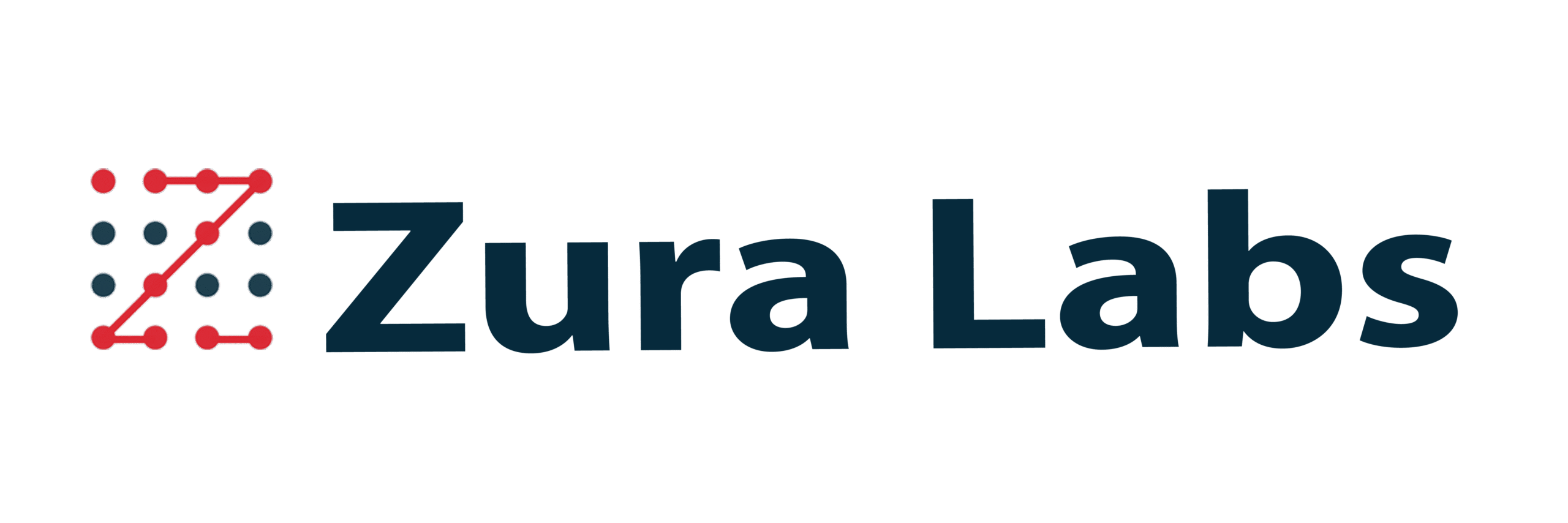Estimated reading time

The Indian Education – Some Musings
India is the land that inbred most religions of the world, facilitating the highest degree of philosophical enquiry and openness that the world has ever known; the land of Yoga, meditation and spirituality which taught the world that understanding the universe could best be done by looking inwards – i.e. developing our inherent capacities – developing the enormous powers of the mind and exploring the innate talents that the child possesses at birth.
Cosmetic reform of education by each successive Govt. should stop. What is required is a complete overhaul or revolution of the education system that can put India back in the world education driver seat. Regaining our education leadership is possible by adopting the Vedic system of education as our guiding principles. The world needs holistic development of the student by inculcating Right Values, Attitudes and Habits as the core principles of teaching and learning at any level. Education should be personalized and not one size fits all teaching or assessments. It is about training the mind to focus, the body to endure and knowledge skills that facilitate true man-making in consonance with nature.
- The TYTREYA UPANISHAD clearly states that the purpose of education is to develop the concentration of mind (“chitta ekagratha” – progressively narrowing the sphere of concentration – analogous to the magnifying glass focusing a beam of sun light capable of burning a piece of paper). The mind has enormous powers and if it is brought to bear upon a single point it is capable of understanding the universe. Concentration of mind will be greatly facilitated by yogic practices including techniques like “Thrataka.”
- Ancient India believed in reincarnation, where an individual is assumed to have samskaras and vasanas carried forward from previous lives and that education was to empower the individual by nurturing their inherent abilities, personality and aptitudes that they are born with. The western thought is different from this approach. It believes that “every child is born with an empty mind and the purpose of education is to fill the empty mind with an open mind” – (Malcolm Forbes).
- Swami Vivekananda also expounded that like the seed of a plant, the basic character is inherent, it is how we nurture and groom them well to bear flowers and fruits.
Standardized evaluation as the common saying goes; it is akin to asking an elephant, a fish and bird to climb a tree. Personalization of education and assessment should be the focus. It is all about training the individual mind to develop the ability to critically focus and gain holistic understanding on any issue.
Swami Vivekananda emphasized “MAN-MAKING” as the primary purpose of education. He was totally opposed to stuffing the mind with information. Drawing a distinction between information and knowledge for information is not knowledge and an understanding that knowledge is not wisdom. The term education is connected with the Latin word ‘educate,’ meaning propulsion from the internal to the external – i.e. developing the innate qualities by practice or usage.
This involves right kind of attitudes and values that promote character building. He was a proponent of inclusive system or democratization of education serving all sections of the society rather than a limited few. Many educationists are also talking about value-based education these days. But we should be conscious of the difference between Indian concept of values and the western ideas and the need for replacement – individualism by humanism; competition by co-operation; fight with nature by peaceful co-existence with nature; gross materialism by divine spirituality; dogma by tolerance, etc.
What is the first step?
Quoting from Vivekananda, Aurobindo, Rabindranath Tagore, ancient Rishis, Buddhist monks, and Sufi saints:
The primary and most important first step in education is the development of MENTAL competencies and PHYSICAL competencies.
India’s contribution to the world’s civilization both physical and spiritual has been immense. It is only when we lay the foundation well; the super structure can be built upon. Likewise, unless children know how to read/write or understand numbers, they will not be able to progress into specialized subjects. More fundamental and foundational is building competencies (Physical and Mental) – in every child, if learning has to happen.
Physical competency can be achieved thru nutritious meals, nurturing environment at home/school and focused physical activities to improve the motor skills in every part of the body at every age in order to prepare this vehicle for the next 100 years. Mental competency is about developing in the child the “Power of Concentration or Focus.” This alone is preparation for critical thinking and problem solving abilities in every child. “The degree of concentration will determine the level of understanding and learning” – Swami Vivekananda.
“When something that answers the inner needs meet with the INNER URGE-SPONTANEOUS INTEREST is kindled, when this interest finds suitable conditions to work, SPONTANEOUS REPETITION is the result, when the spontaneous repetition is done with interest, the natural result is CONCENTRATION” – Dr. Maria Montessori.
The Child is the starting point, the center, and the end. His development, his growth, is the ideal”. It alone furnishes the standard. To the growth of the child all studies are subservient; they are instruments valued as they serve the need of growth. Personality, character, is more than subject-matter. Not knowledge or information, but self-realization, is the goal. To possess all the world of knowledge and lose one’s own self is as awful a fate in education as in religion. Moreover, subject-matter never can be got into the child from without. Learning is active. It involves reaching out of the mind. It involves organic assimilation starting from within. Literally, we must take our stand with the child and our departure from him. It is he and not the subject-matter which determines both quality and quantity of learning.
— John Dewey (U.S.A.) Both of these competencies should be nurtured at every stage of the K-12 life.
This should be an important part of any curriculum. Once a child has a sound body and mental competencies learning happens easily and meaningfully. Therefore, more than focusing on the exogenous variables in the education system, a concerted effort on the endogenous variables (competencies and character) will go a long way to reform.
What is the next step?
The second step is to focus on
- (a) Learning Skills – Reading, Writing, Numerical and Technology and
- (b) Right Values and Attitudes – humility, respect for others and community spirit rather than individual goals to name a few. Mastery of step (1) and (2) will prepare students for the third step, i.e. learning regular subject (math, science, social …) information and vocational skills i.e. to tackle the process organizing and taking in new information, retaining information, or dealing with assessments. Unfortunately, this third step is the only focus of the current school system. They do not recognize that the third step cannot reach fruition without fulfilling step one and two.
Our curriculum design, content and processes should be a synthesis of the above three steps. A student’s day should start with training on step 1, followed by step 2 and towards the end of the day step 3 related material. Students are fresh and at their best when they arrive in the morning, they should be taught Step 1, i.e. physical (Yoga, Sports, Health related activities) and mental (focus, concentration, meditation – to learn chitta ekagratha) skills. Next, in Step 2 related activities – reading, writing, numerical, study, learning, soft and technology skills tempered with right values and attitudes. Finally in Step 3, specialized subjects and vocational skills are introduced.
These three steps should be imparted in a manner that is developmentally appropriate and is optimal for each specific grade / age.
Education should not be about personal achievement, it should not be about personal marks in specialized subjects, which only breeds competition/greed/corruption. Students should be taught to realize that education and income are not correlated; likewise, income and happiness are not correlated. Children’s education should make them realize that happiness comes from humane behavior and not from material things or conspicuous consumption. They should be taught to understand the symbiotic balance of co-existence, they should be taught that science and technological innovation if not tempered with values will lead to ills.
Read a PDF version of this blog!

